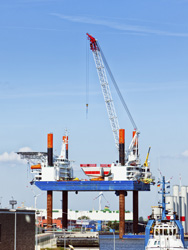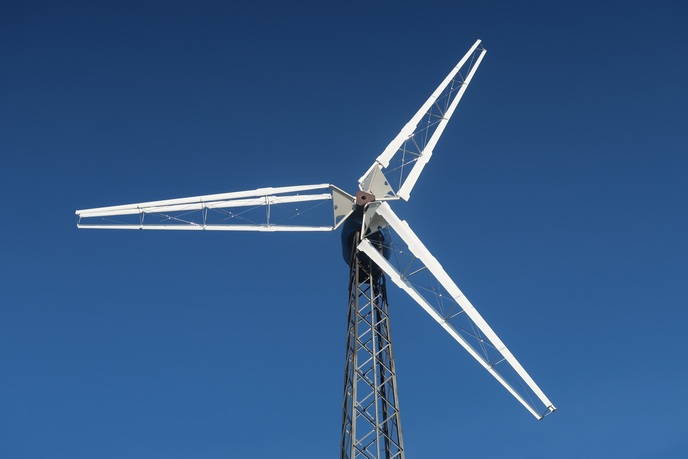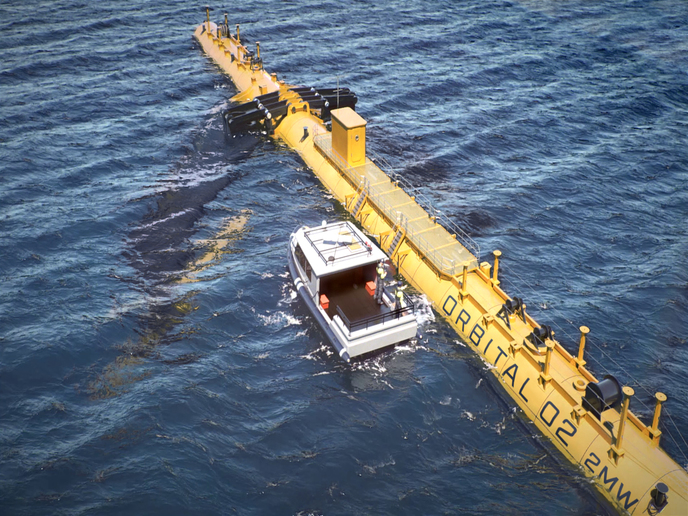Bountiful energy supply from the sea
The EU is actively developing programmes to support renewable alternatives to the combustion of fossil fuels. The harsh ocean and deep-sea environments are a treasure trove of powerful winds, waves and tides whose energy could be harnessed to relieve dependence on conventional forms of energy. Multi-purpose platforms for marine renewable energy (MRE) are in their infancy yet hold great promise for the future. In order to kick-start their growth, EU-funded scientists are developing design and optimisation tools focused on system integration and cost reduction. The project 'Marine renewable integrated application platform' (MARINA PLATFORM) combines over 40 years of experience in deep-water engineering gained from European oil and gas developments with state-of-the-art concepts for offshore wind and wave exploitation. The first project period identified more than 90 novel concepts for multi-purpose platforms exploiting wind, wave and tidal resources. During the second reporting period, 10 generic concepts were selected from the original ones and developments related to assessment tools were employed to whittle the 10 down to 4 or 5 for the final project period. Specifically, the team put the final data from 10 years of wind, wave and tidal data collected over the whole of Europe into a site-selection tool that will be made public. Scientists developed numerical models of each of the 10 concepts individually for a set of representative locations. Structural models focused on survivability, power production and responses to forces and stresses in the extreme environments in which the platforms will operate. Researchers evaluated critical components and conducted statistical cost analyses with a tool developed within the project. Finally, they made important progress in assessing grid availability for selected locations and defining cost-effective solutions for connection and distribution. Ultimately, MARINA PLATFORM will deliver a variety of tools to assess the engineering, economic and environmental suitability of multi-purpose MRE platforms as well as a spatial planning decision support tool. In addition, recommendations are being developed for standardisation and certification groups that should facilitate safe, effective and efficient exploitation of MRE.







